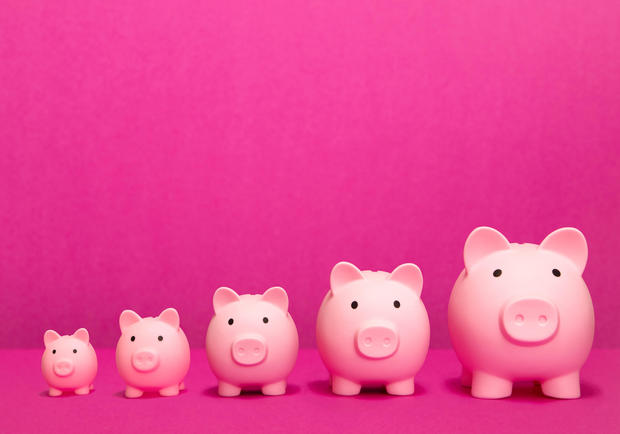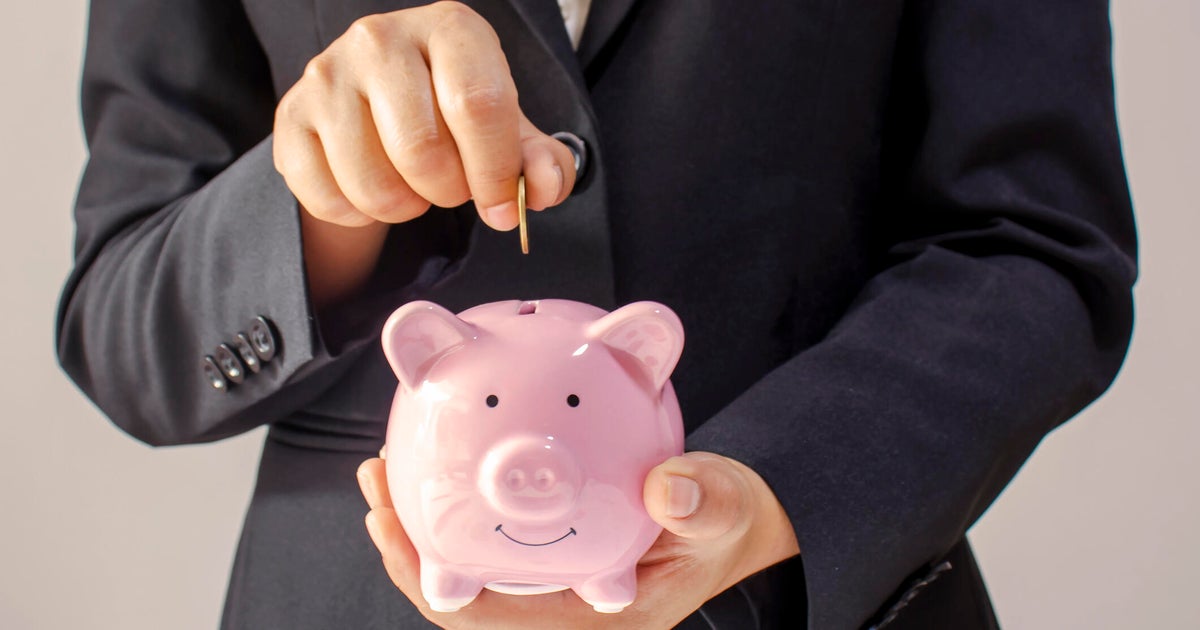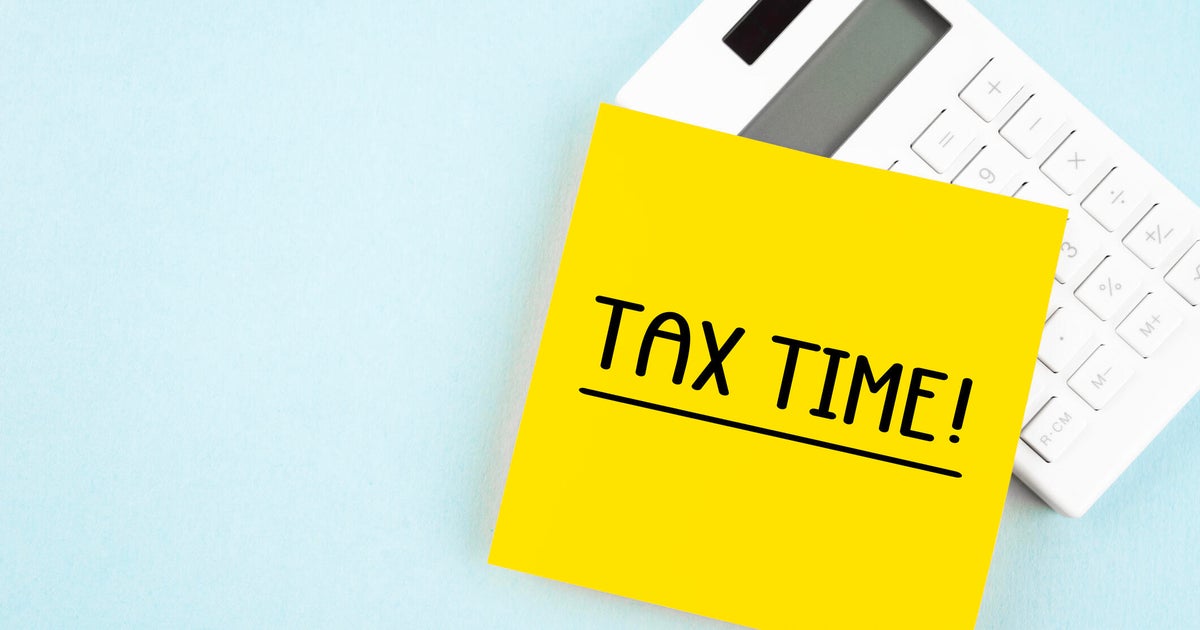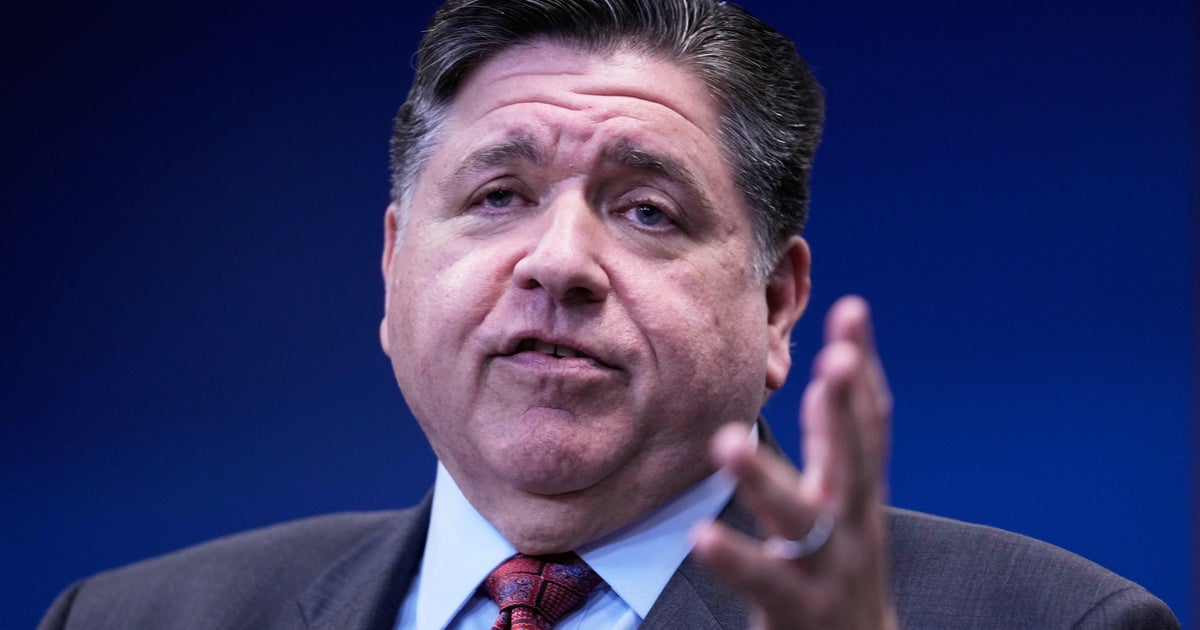7 factors to consider when choosing a high-yield savings account
There are a number of different strategies you can use to help manage your finances and ensure you're on solid footing. For example, budgeting apps can keep you on track with your spending, help you identify ways to boost your savings or even monitor your monthly subscriptions to help keep the costs down.
But those aren't the only valuable tools in your financial arsenal. You also have other options, like high-paying interest-bearing accounts to help you maximize the returns on your money. These accounts, which include certificates of deposits and high-yield savings accounts, typically offer a better return on your savings compared to traditional savings accounts, making them an attractive option for those looking to grow their money while keeping it accessible.
However, when it comes to high-yield savings accounts, not all options are created equal. And if you want to make the most of your savings and keep your finances on track, it's crucial that you choose the right one. Start exploring your top savings options here.
7 factors to consider when choosing a high-yield savings account
Before you open a high-yield savings account, make sure you consider the following factors to ensure that you're opening one that aligns with your financial goals:
Annual percentage yield
The annual percentage yield (APY) is perhaps the most critical factor to consider when evaluating high-yield savings accounts. The account APY represents the actual return you'll earn on your savings over one year, including both the stated interest rate and the compounding frequency.
Generally, the higher the APY, the better your savings will grow. Right now, it's easy to find high-yield savings accounts offering rates of 5% or more on your money, but it's important to compare the APYs offered by different banks and credit unions to find the most competitive options.
Find out more about the savings account options available to you here.
Fees and minimum balance requirements
High-yield savings accounts should not come with excessive fees that eat into your earnings — but some do, and you'll want to avoid them if possible. Look for accounts with no monthly maintenance fees or low minimum balance requirements instead. There are lots of fee-free or low-fee options available to you, so try and capitalize on them if you can.
Note that some banks may also appear to be free, but may ultimately require a certain balance to avoid fees, or minimum deposits or balances to earn the highest APY on your money. If that's the case with the accounts you're considering, just make sure you're comfortable with these terms before opening an account.
Accessibility and convenience
You may also want to consider the ease of accessing your funds. Many online banks offer the top rates on high-yield savings accounts, as these banks don't have the same overhead costs as brick-and-mortar banks, so they can pass the savings on via higher interest for customers.
However, online banks don't offer the same in-person banking conveniences as traditional banks, so you may want to ensure that the high-yield savings account you choose offers online and mobile banking options, including easy transfers to and from your primary checking account. Mobile apps, ATM access and check-writing privileges can also enhance your account's convenience.
FDIC or NCUA insurance
Safety is paramount when it comes to your savings — and with the string of bank failures that occurred earlier this year, the need for bank protections became even more apparent. As part of your search for a high-yield savings account, ensure that the financial institution offering the account is insured by the Federal Deposit Insurance Corporation (FDIC) for banks or the National Credit Union Administration (NCUA) for credit unions. This insurance provides protection for your deposits up to a certain limit (currently $250,000 per account holder per institution) — which will protect you and your money on the off chance that your bank fails.
Customer service and reputation
You may also want to consider the quality of customer service and the reputation of the bank or credit union. Good customer service can make your banking experience much smoother. Look for online reviews, ask for recommendations from friends and family and check if the institution has a history of reliable and responsive customer support.
Account features and restrictions
Review the account's features and find out about any restrictions that may apply. Some high-yield savings accounts have limitations on the number of monthly withdrawals or transfers you can make without incurring fees. Others may offer bonuses or rewards for maintaining a certain balance or meeting specific criteria. Evaluate these factors based on your own financial habits and goals to find the right fit for you.
Introductory vs. ongoing rates
Beware of introductory rates that banks offer to attract new customers. These rates are often temporary and may drop significantly after the initial period — so you should know what you're getting into before making a decision.
While high introductory rates can be useful in some cases, you may want to find a balance. In addition to the high initial rates, focus on the ongoing rates to ensure that your savings will continue to grow at a competitive rate over the long term.
Interest payment frequency
Different banks may offer varying frequencies for interest payments, such as monthly, quarterly or annually. The more frequently interest is compounded and paid out, the faster your savings will grow.
The bottom line
Selecting the right high-yield savings account can significantly impact your financial well-being. By carefully evaluating factors such as APY, fees, accessibility, insurance, customer service, account features, rates and interest payment frequency, you can make an informed decision that aligns with your savings goals. But remember that the best high-yield savings account for you may not be the same as someone else's, so prioritize your unique financial needs and preferences when making your choice.




